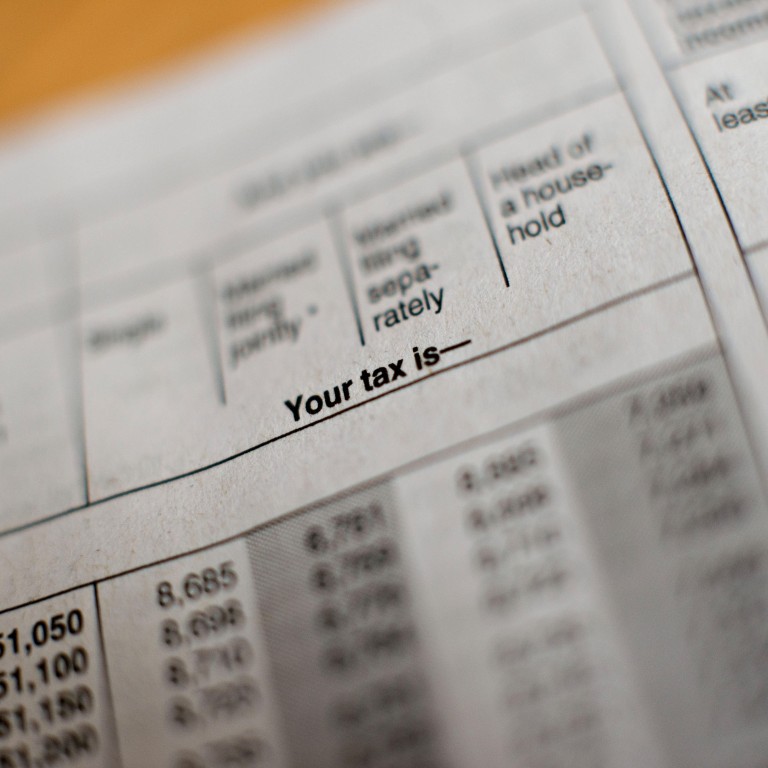
Americans who don't reveal Hong Kong bank balances to be branded 'recalcitrant'
Americans who do not reveal their Hong Kong bank balances, earnings and property holdings to Uncle Sam face being branded "recalcitrants".
Americans who do not reveal their Hong Kong bank balances, earnings and property holdings to the US taxman face being branded "recalcitrants" after new rules come into force in the wake of an agreement signed with Washington this week.

The Foreign Account Tax Compliance Act (FATCA), which takes effect in July, requires foreign financial institutions such as banks to declare to the US tax authorities the foreign holdings of anyone liable under US tax rules. Anyone holding a US passport and corporations with more than one tenth of American shareholders will fall into the net.
The agreement signed this week will help facilitate enforcement of FATCA in Hong Kong.
Under FATCA, financial institutions were required to report to the US the name and address of account holders, their account balance and information for specified accounts, such as gross interest or dividends paid or credited, said Charles Kinsley, tax partner of KPMG China.
"FATCA phases in the reporting requirements. Initially aside from certain personal information, it is year-end balances, then the income earned on the accounts in question including in due course gross sale proceeds," he said.
Local banks will be given two years from July to communicate with US corporations and seek their authorisation. For individuals, the grace period depends on how much they have in their accounts - those with over US$1 million will have one year to give authorisation, while those who have less will be given two years.
"Americans are taxed on their worldwide earnings. So any income they earn in Hong Kong, including rental on a flat in Kowloon, is required to be disclosed to the Internal Revenue Service," Kinsley said.
Those who do not give authorisations will be named "recalcitrants" by banks. But they have little chance of withholding details. Under the deal, the local tax office can still get details from banks and pass them to the US.
Wealthy people in Hong Kong would find it harder to hide their US-source income, said Gene Buttrill, a partner at Jones Day, an international law firm. And people working in Hong Kong who also had US residency or citizenship would come under scrutiny.
One example he cited would be Hongkongers working in Hong Kong who had a US green card and were required to file US tax returns. If they had been earning money in Hong Kong but avoided paying US tax, the US government would now know about it and come after them with penalties, said Buttrill.
"The fears are real, but this is the new world order," he added.

